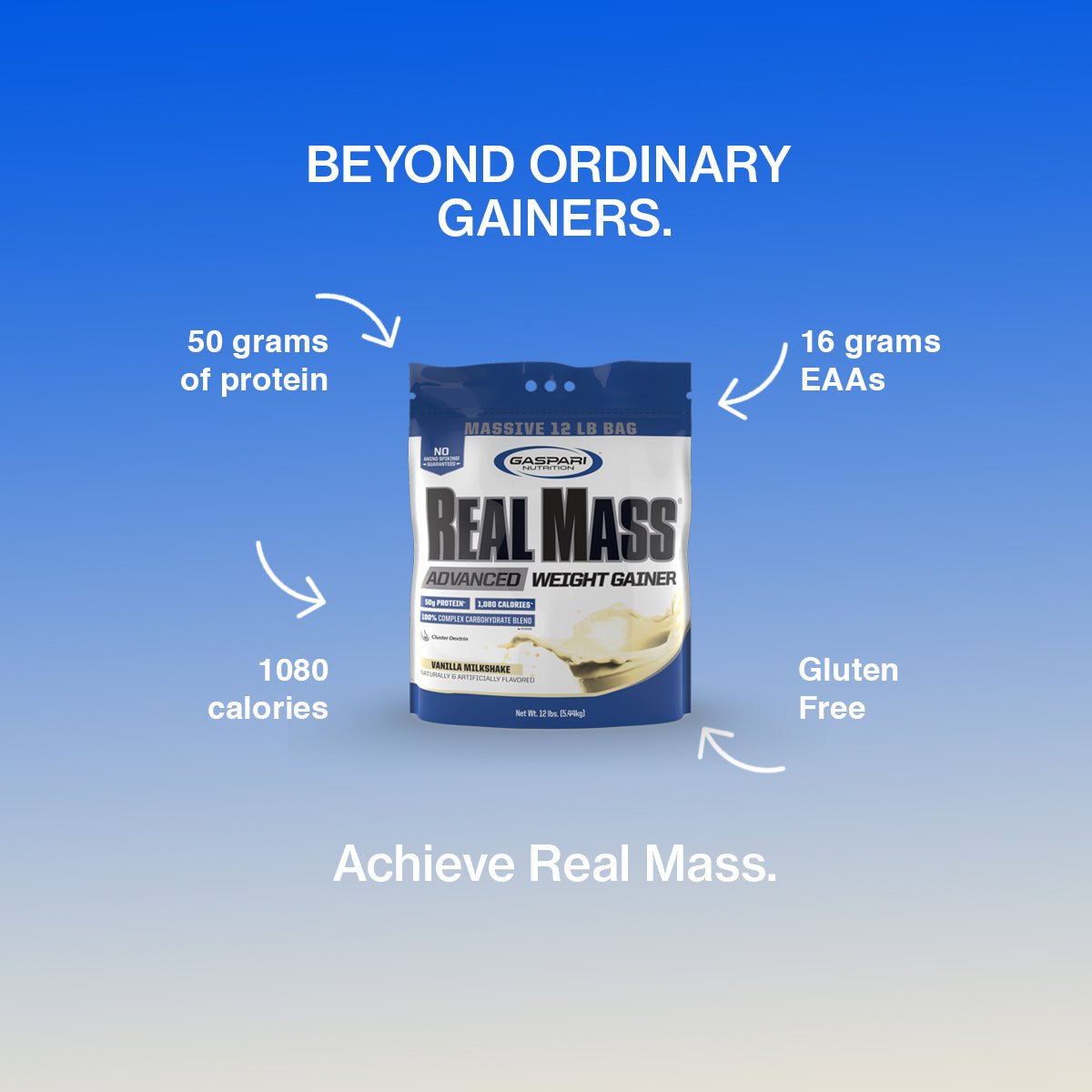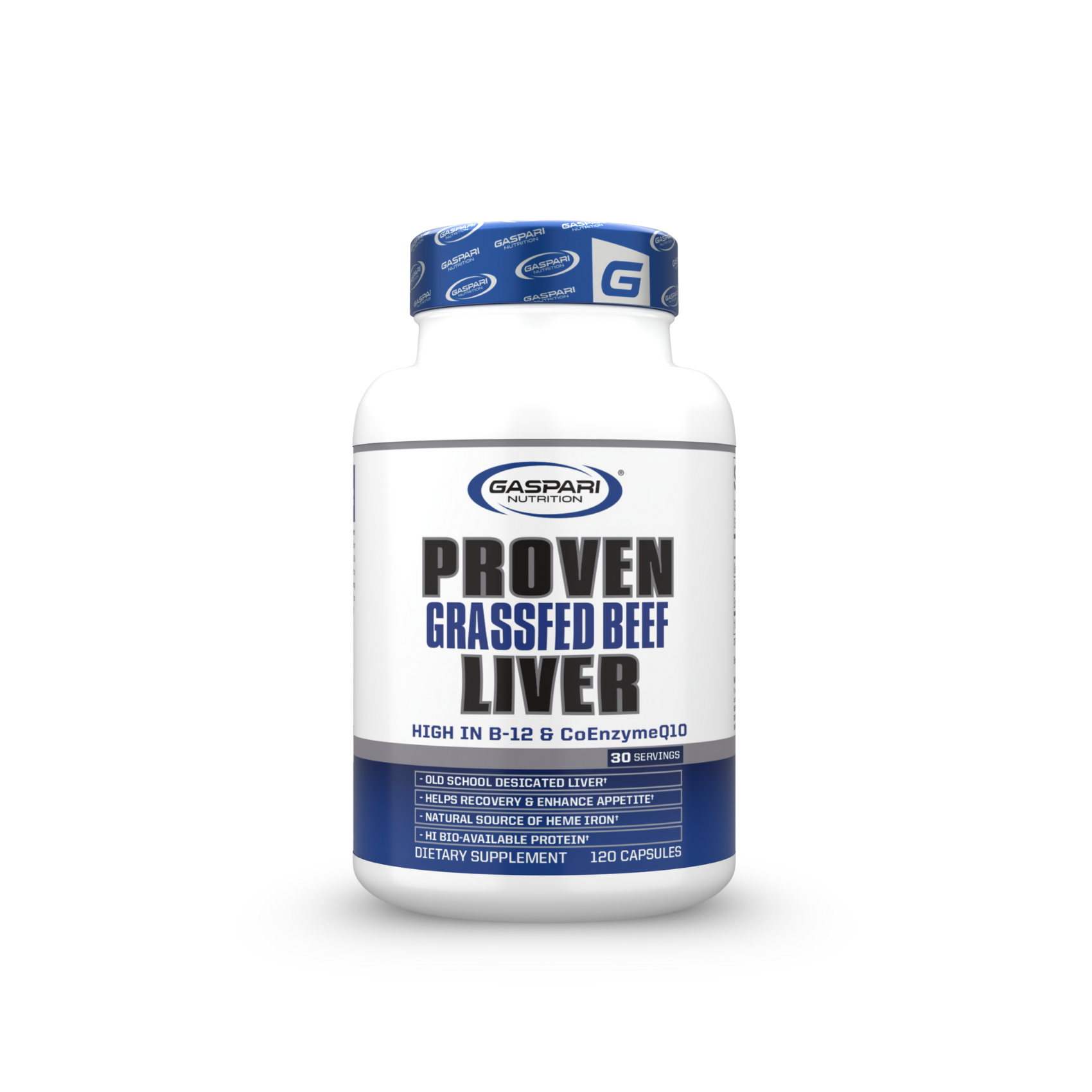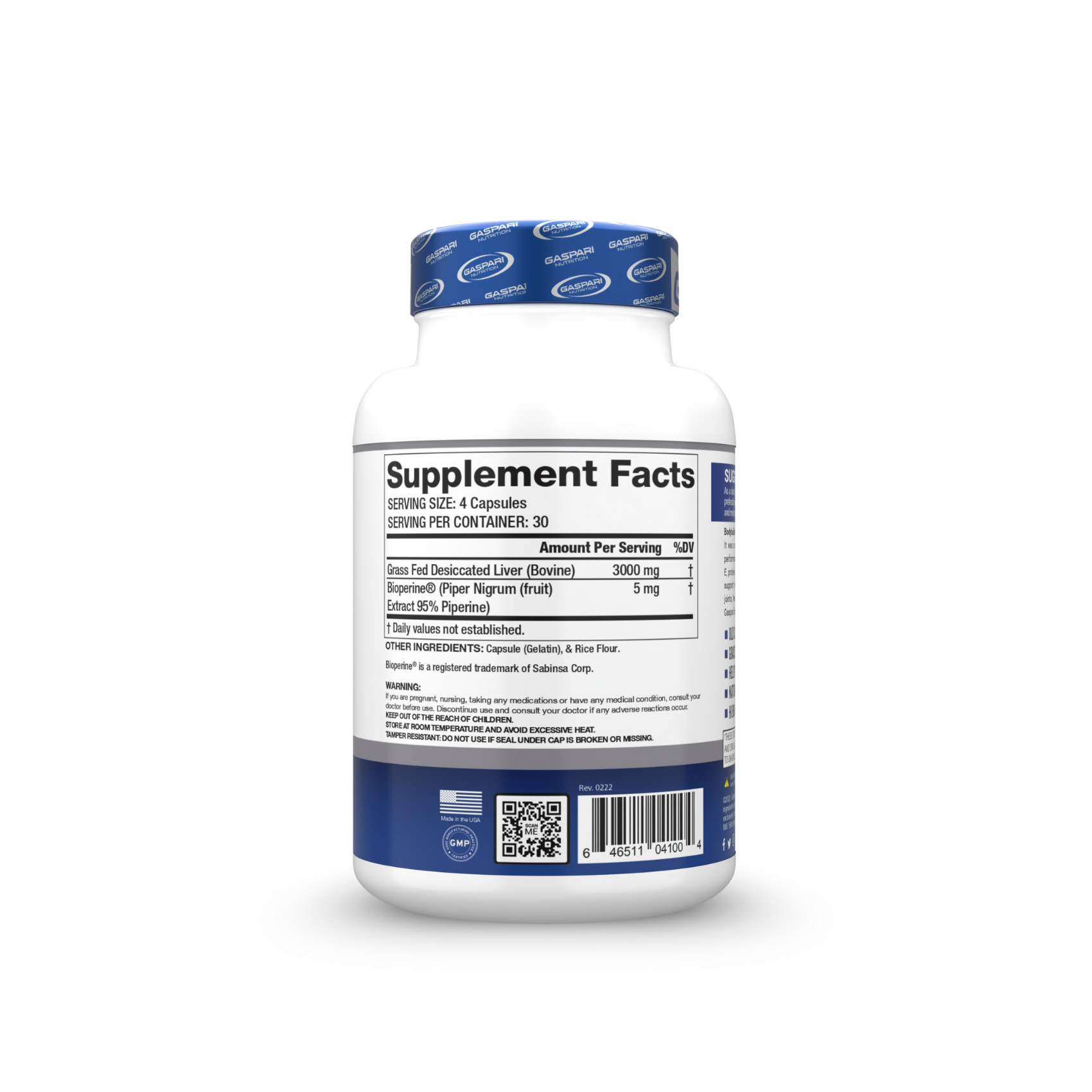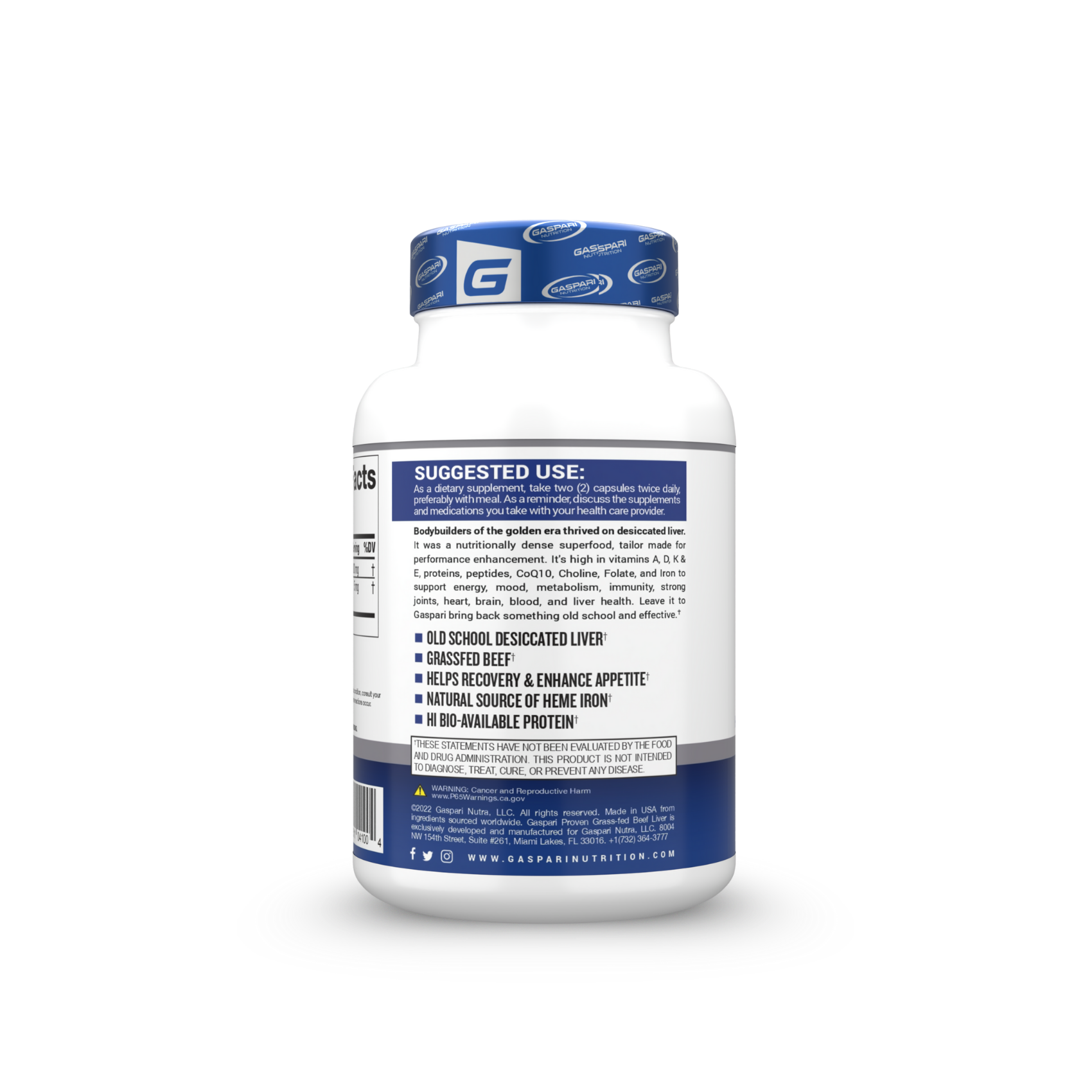We all know the purpose of protein in the diet – the building block of biological structures of any sort. We need protein to build muscles, to grow, to heal, to fight the ravages of aging. Without protein, we starve to death, no matter how many carbohydrates we ingest. Given the similarity of the name “creatine”, it’s easy to conclude that it’s an enhanced or even artificial protein.
Creatine is not protein, but a component in creatine phosphate, which is an energy supply, not a structural component. Where it differentiates from standard biological fuel sources (sugars, starches and other carbohydrates) is in how it provides energy and to what purpose.
Creatine is a popular supplement that at Gaspari, we recommend for people taking up an active lifestyle, and especially those trying to build muscle mass. While it’s not a protein itself, the energy it delivers to cells directly (thus improving their ability to reproduce and increase in numbers) means you can build and heal muscle more rapidly, and less painfully.
But supplements are complicated, aren’t they? Having to know exactly how to cycle them through your long-term workout regime, how to load them, often undesirable loading requirements, it’s enough to make some of the less dedicated fitness seekers shrink away from all but the bare necessities.
Well, today, we’re going to show you why creatine has none of these challenges, and a load of benefits. Creatine isn’t required to get into shape, nor to build muscles. But if you want to build muscles safely, with minimal pain, and at a solid rate, then you definitely want to incorporate creatine into your regimen.
At Gaspari, we offer a wide range of excellent creatine products which can safely (and often deliciously) help improve the effectiveness of your workout. Let’s learn more right now!
What Creatine Does
We touched a moment ago on how creatine delivers a special kind of energy to your body, on a cellular level. Creatine can also provide perceptible physical energy to an extent as it energizes your very tissue, but the bulk of the energy goes right into cells themselves.
Creatine is like a strong cup of good coffee to a human cell. It is at its top level of performance, more receptive to oxygen and nutrients. This also means that they reproduce faster, which is how you grow tissues and heal damage. Thus, creatine can also be conducive to the healing process in some cases, though you should talk to a doctor about this before trying that.
The result of creatine in your work out is that fatigue takes longer to set in with your muscles, you experience less pain and soreness, and your muscles will grow at an increased rate due to healing more effectively. After all, exercise grows muscles by damaging them, stimulating additional muscle tissue to grow.
Is Creatine Safe?
As positive of a benefit as this seems to offer, there must be some horrible side effect or risk with it, right? Amazingly, none whatsoever. There have been countless studies of creatine before and after its approval for consumer use. So far, there has been no real evidence for any health risks from creatine. No organ damage or overall negative side effects have ever been clinically documented as a result of creatine use.
No allergies nor intolerances of creatine have really been documented either, meaning there’s not even a risk of an unpleasant allergy discovery by trying it.
The worst thing that could happen with creatine, is a chance of brief diarrhea if you consume too much of it at once. This is a pretty common thing the body does with otherwise harmless things that’re too much to absorb. While mildly unpleasant, it would be over with quickly. It also requires consuming an obviously excessive amount of creatine.
Proper Amount of Creatine
How much creatine is the right amount? This depends somewhat on how active you are. If you’re not athletic, or only mildly so, about three grams a day is right, where if you’re athletic, five grams a day might be more accurate.
It’s a good idea to drink about twelve ounces of water with a creatine supplement, as it does cause the body to retain water. This can help fight dehydration, but locks up a lot of otherwise useable water during or after a workout.
Loading and Cycling Creatine
This is where a lot of supplements can seem complex, but usually aren’t as bad as they initially sound. Loading (an increased dosage when adopting a supplement) and cycling (time high, moderate and abstinent in consumption) aren’t even necessary with creatine.
Adopting the proper dosage mentioned above, and simply staying on it long-term is completely safe, and actually the proper approach. Creatine maintains the same level of effectiveness regardless of how regularly you take it, not relying on cumulative effects like some more complex supplements may.
Cycling is also pointless, because it takes a long time for your body to completely purge creatine. Buildup, however, doesn’t occur beyond a hard limit, and isn’t harmful. Should you decide to stop creatine for any reason, you will experience no side effects. All muscle built while using creatine will remain, and your work out will remain effective. You may notice a gradual decrease of exercise effectiveness, though it will simply return to your pre-creatine results, and no worse.
When to Use Creatine
There’s no specific time when you need to take creatine. Your body will store it until it’s needed, inside your skeletal system. Thus, you can take it with breakfast, shortly before a workout, after a workout, really any time. Many people put it in a smoothie for breakfast, especially if their workout is a morning thing.
Best Way to Get Creatine
We’ve learned that creatine is harmless in every conceivable way, and beneficial to your body’s regenerative abilities (which in turn augments your workout in a safe, natural way). What’s the best way to get creatine?
At Gaspari, we offer supplements that provide your daily dose of creatine, some completely flavorless, others delicious. To learn more about creatine and our many products, follow us on Facebook today!
The post Do I Need To Cycle Creatine? appeared first on Gaspari Nutrition.























































































Share:
What Are Probiotics?
Gaspari Nutrition’s Guide to Counting Macros